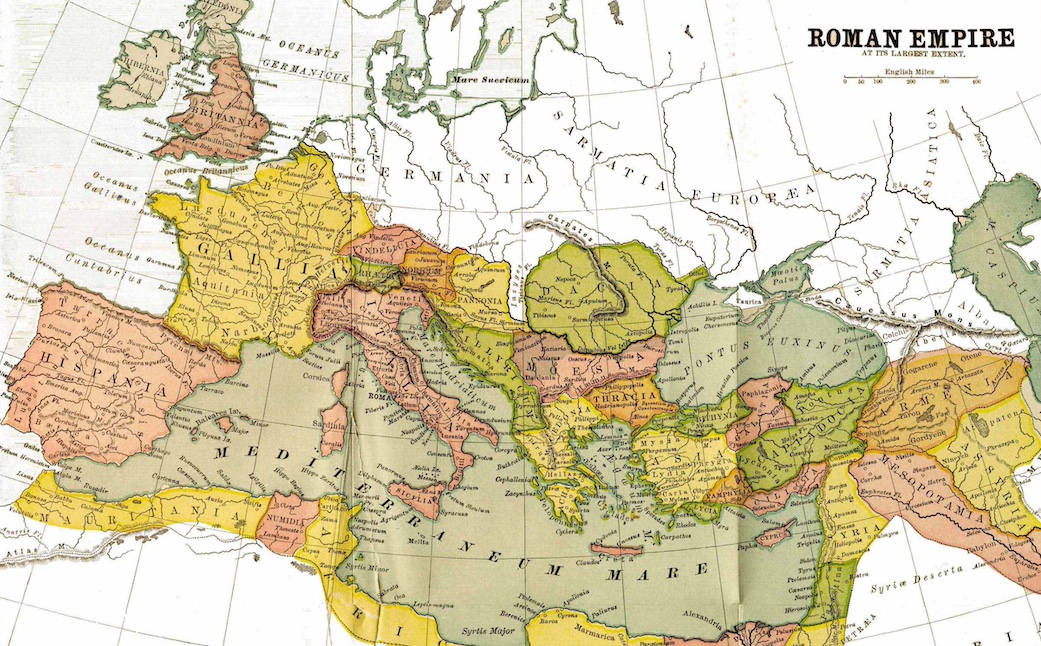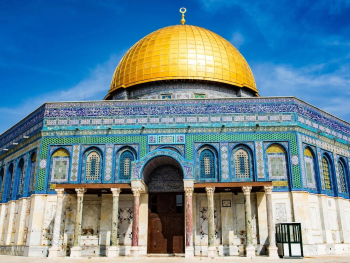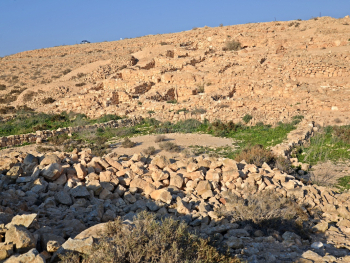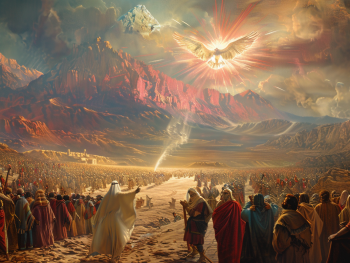Mesopotamia, often referred to as the cradle of civilization, was one of the world's earliest centers of human culture and innovation. Situated between the Tigris and Euphrates rivers in present-day Iraq, this ancient land witnessed the rise and fall of great empires, the development of writing and mathematics, and the birth of organized religion.
Join us as we delve into the rich history of ancient Mesopotamia and unlock the secrets of this fascinating civilization.
The Birth of Civilization:
Mesopotamia, meaning "land between the rivers" in Greek, was home to a series of ancient civilizations, including the Sumerians, Akkadians, Babylonians, and Assyrians. These societies flourished in the fertile river valleys of the Tigris and Euphrates, where they developed sophisticated agricultural techniques and built thriving cities.
Innovations and Achievements:
Ancient Mesopotamians were pioneers in various fields, making significant contributions to human civilization. They were among the first to develop writing, using cuneiform script to record transactions, laws, and literature on clay tablets. The invention of the wheel revolutionized transportation and trade, while advancements in mathematics laid the foundation for the modern concept of time and measurement.
City-States and Empires:
Mesopotamia was characterized by a succession of city-states and empires, each leaving its mark on the region's history. The city-state of Uruk, one of the earliest urban centers, boasted impressive architecture, including the famous ziggurat dedicated to the goddess Inanna. The Akkadian Empire, led by Sargon the Great, was the first known empire in history, uniting the city-states of Mesopotamia under a single ruler.
Religion and Mythology:
Religion played a central role in the lives of ancient Mesopotamians, shaping their beliefs, rituals, and worldview. They worshipped a pantheon of gods and goddesses, each associated with various aspects of nature and human life. Epic tales such as the Epic of Gilgamesh, one of the earliest known works of literature, offer insights into Mesopotamian mythology and cultural values.
Decline and Legacy:
Despite their achievements, the great civilizations of Mesopotamia eventually succumbed to invasion, warfare, and environmental degradation. The Assyrian and Babylonian empires rose to prominence but ultimately fell to foreign conquerors. However, the legacy of ancient Mesopotamia lives on in modern society, influencing language, law, religion, and technology.
Ancient Mesopotamia remains a source of fascination and inspiration for scholars and enthusiasts alike. From its earliest beginnings as a collection of city-states to its zenith as a great empire, Mesopotamia played a pivotal role in shaping human history. By unlocking the secrets of this ancient civilization, we gain a deeper understanding of our shared heritage and the enduring legacy of the cradle of civilization.






